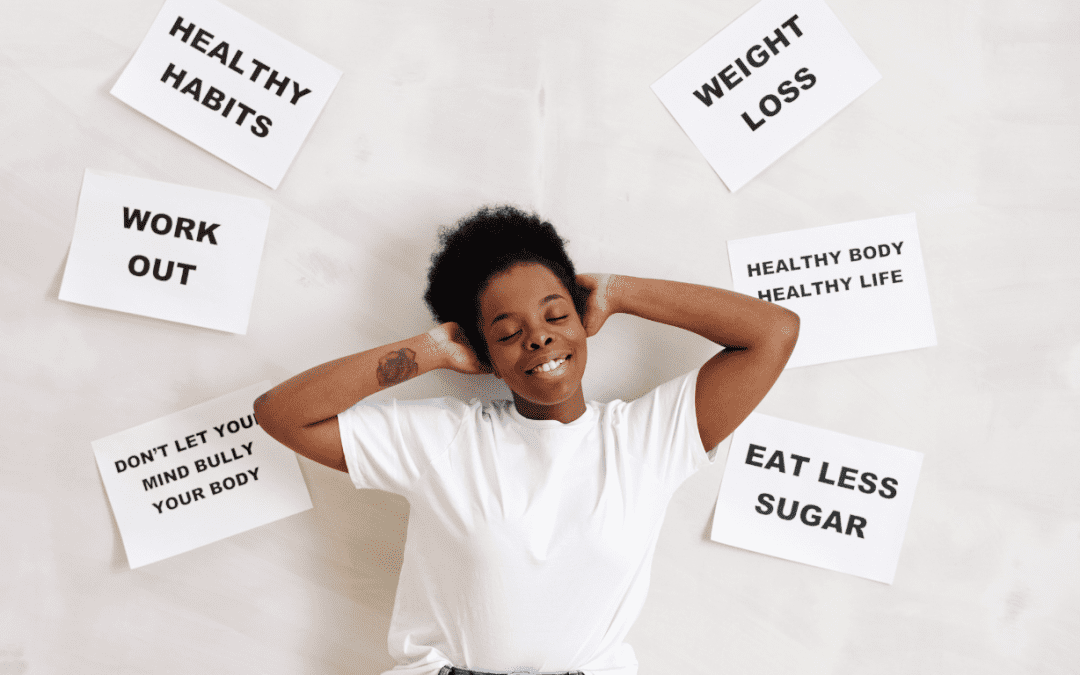
Setting Intentions for Navigating the Holidays with Challenging Family Dynamics
Setting Intentions for Navigating the Holidays with Challenging Family Dynamics
The holiday season, often portrayed as a time of joy and connection, can also bring stress, tension, and unresolved family dynamics to the forefront. For those dealing with challenging relationships, this time of year can feel more like an emotional minefield than a celebration. Clinical counsellors often encourage their patients to set meaningful intentions to navigate these challenges with resilience and self-compassion.
Here are some common intentions counselors may suggest to help you maintain emotional balance and preserve your well-being during the holidays.
1. Prioritize Emotional Safety
Intention: “I will protect my peace.”
Counsellors often emphasize the importance of identifying your emotional boundaries. If a conversation topic or interaction feels triggering, it’s okay to excuse yourself or redirect the discussion. This intention reminds you to prioritize your well-being over the pressure to conform to family expectations.
2. Practice Self-Compassion
Intention: “I will treat myself with kindness and patience.”
Family dynamics can stir feelings of guilt, shame, or frustration. By practicing self-compassion, you can acknowledge your emotions without judgment. This intention encourages you to be as kind to yourself as you would to a friend in the same situation.
3. Focus on What You Can Control
Intention: “I will focus on my actions, not others’ reactions.”
Family gatherings can sometimes highlight behaviors or opinions that clash with your values. Instead of trying to change others, focus on how you respond. This might involve choosing calm communication, walking away from conflict, or simply staying true to your values.
4. Set Realistic Expectations
Intention: “I will release the need for perfection.”
The holidays often come with pressure to create picture-perfect moments. Counsellors encourage setting realistic expectations for family gatherings. Accepting that some tension may arise helps you approach the season with a sense of flexibility and reduces the risk of disappointment.
5. Practice Gratitude for Small Joys
Intention: “I will notice and appreciate the positives.”
Even in challenging dynamics, there are often moments of connection, laughter, or simple joys. Focusing on these can help balance out the negatives and remind you of what you value most during the holidays.
6. Take Time for Self-Care
Intention: “I will make space for rest and renewal.”
Counsellors stress the importance of carving out time for yourself amid the holiday hustle. Whether it’s a quiet walk, journaling, or practicing mindfulness, these self-care moments allow you to recharge and stay grounded.
7. Prepare Exit Strategies
Intention: “I will honor my limits and know when to step away.”
If a family gathering becomes overwhelming, it’s okay to step outside for fresh air or even leave early. Planning your exit strategy in advance helps you feel more in control and reduces the stress of navigating a tense environment.
8. Communicate Needs Assertively
Intention: “I will express my needs calmly and clearly.”
Counsellors encourage patients to use assertive communication to establish boundaries without aggression. For example, if a relative raises a sensitive topic, you might say, “I’d prefer not to discuss that today. Let’s focus on enjoying the holiday.”
9. Accept What You Cannot Change
Intention: “I will embrace acceptance and let go of control.”
Some family dynamics are deeply rooted and unlikely to change overnight. By accepting this reality, you can focus your energy on what matters most—your own emotional health and happiness.
10. Stay Present
Intention: “I will focus on the here and now.”
Ruminating on past conflicts or anticipating future tensions can heighten stress. Staying present helps you enjoy the moments of peace and joy that the holidays bring, even if they are fleeting.
A Holiday Season with Intention
Setting intentions provides a guiding framework to help you navigate the holidays with clarity and confidence. Whether it’s protecting your emotional safety, practicing self-compassion, or focusing on what you can control, these small but powerful commitments can transform your holiday experience.
If you’re struggling with family dynamics or need support in setting boundaries, consider reaching out to a clinical counsellor. With the right tools and guidance, you can approach the season with resilience, self-awareness, and a renewed sense of purpose.
This holiday season, make yourself a priority—you deserve it. If you need additional support, our Registered Clinical Counsellors are here to help.

